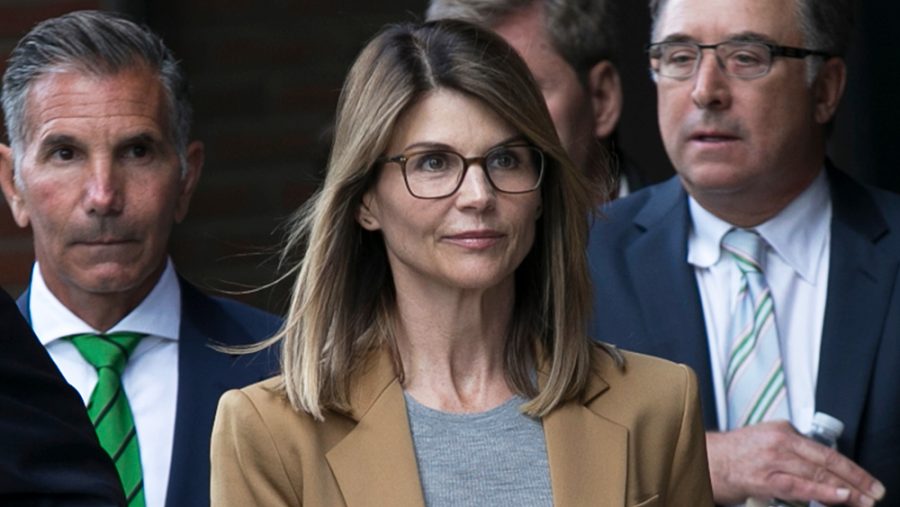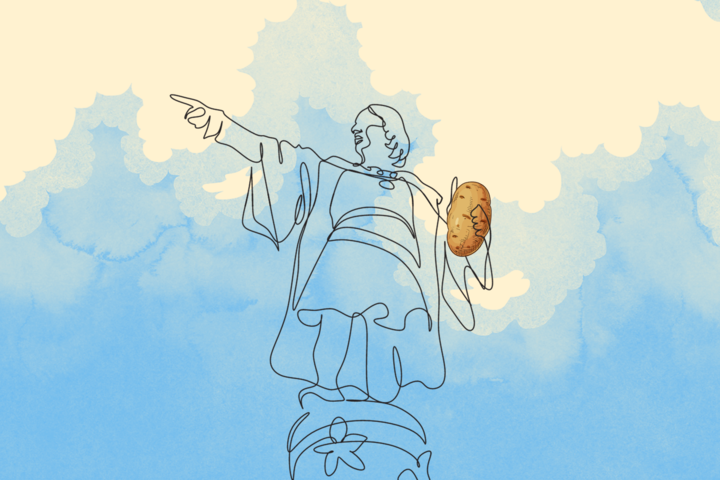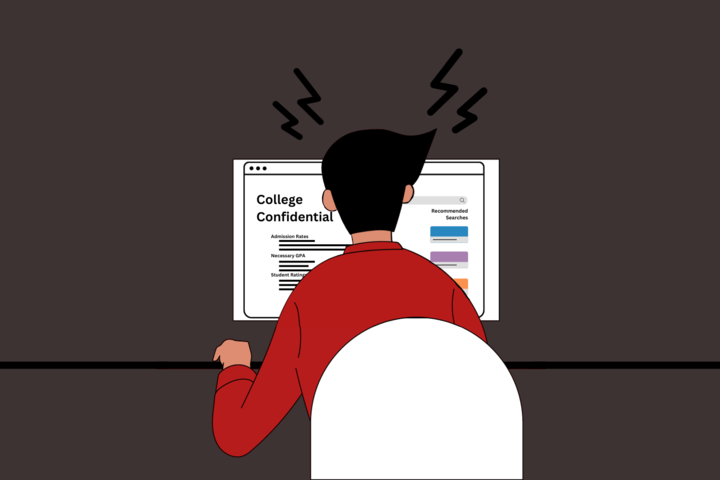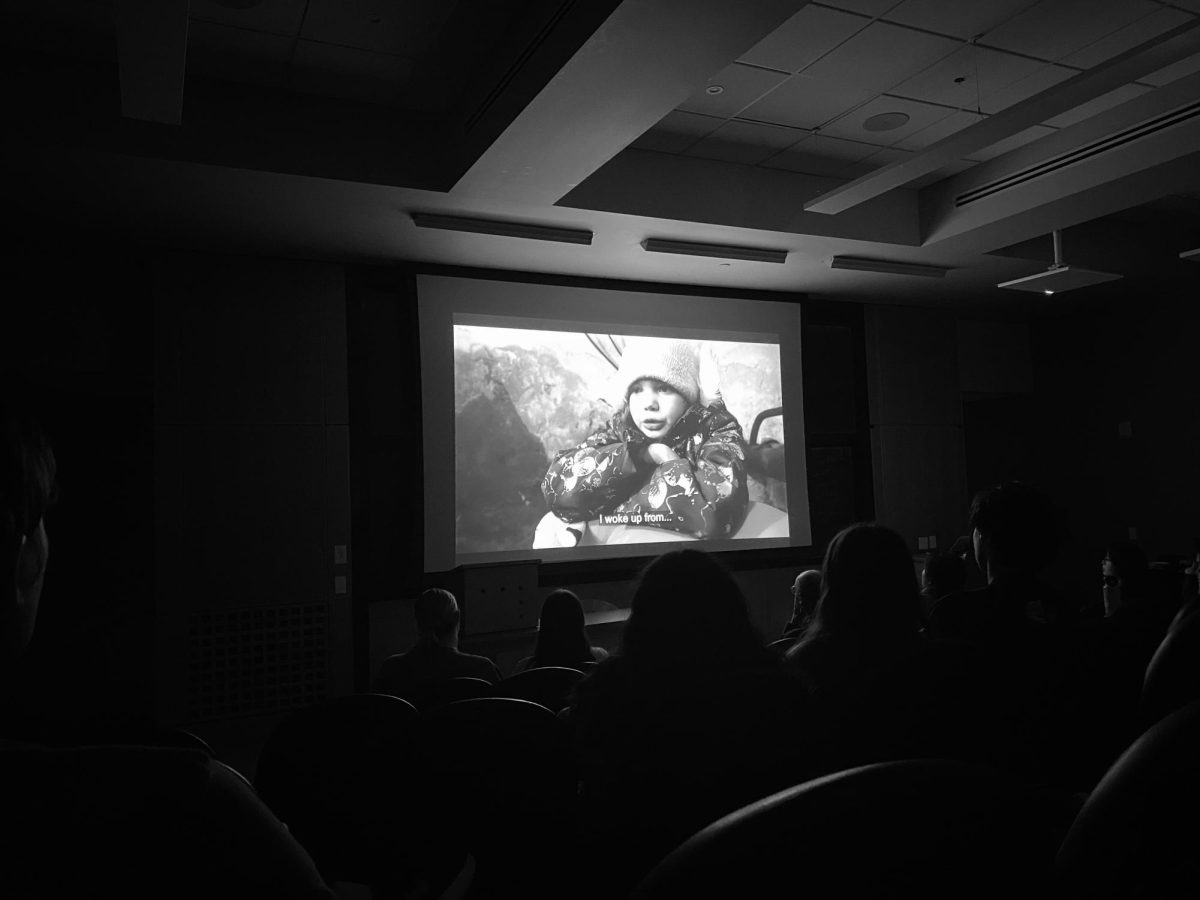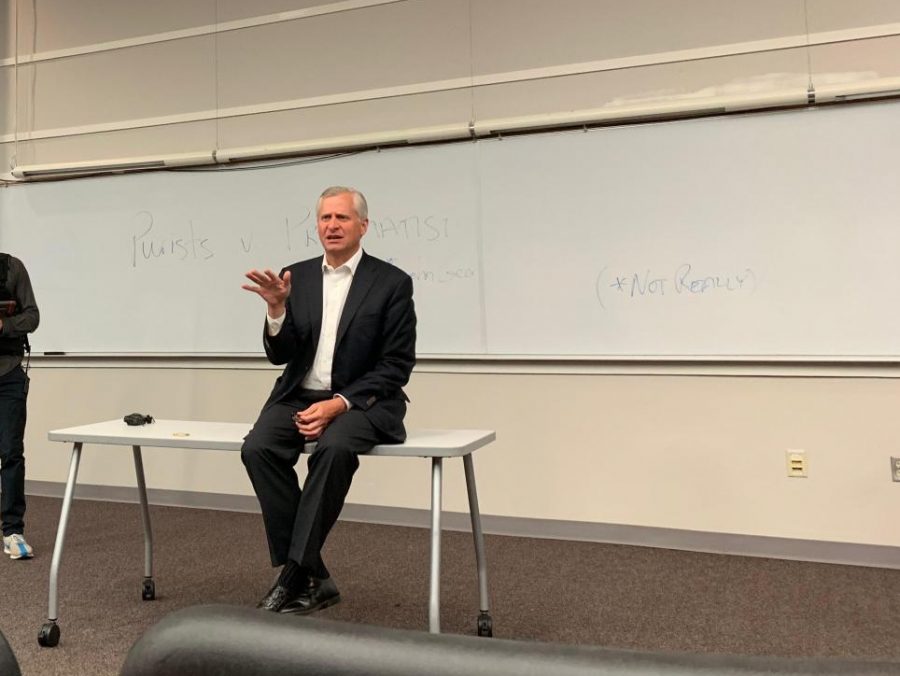The largest college cheating scam in history, coined “Operation Varsity Blues,” came to light March 12, 2019 and infiltrated every media outlet in the United States. From major news networks to morning talk shows and YouTube videos, the public eye couldn’t look away from the exposé on what previously had only been rumor mill. Having been in my senior year of high school at the time, it felt like an extra punch in the gut to learn about the sketchy “side doors” that the children of America’s elite used to blissfully enter the top institutions in the country while my classmates comforted each other through rejection as acceptance rates plummeted.
With college decision season upon us, the 2019 college admissions scandal still seems very relevant. Apparently Netflix thought so too, releasing “Operation Varsity Blues: The College Admissions Scandal” on Wednesday and allowing viewers to understand exactly how Rick Singer, the operator behind the scandal, managed to get hundreds of students into these universities for years and how the scheme fell apart.
Before we dive into the shocking details of the operation, the style of the documentary should be noted. Director Chris Smith, responsible for “Fyre,” the exposé of the Fyre Festival scam and quarantine favorite “Tiger King,” combines the information and cutaways of a classic documentary with narrative style that’s reminiscent of Netflix’s “Social Dilemma.” Alongside interviews from college counselors, attorneys and the very people involved in the scandal, Smith includes sequences of an actor who plays Rick Singer to give us a glimpse into how his “side door” process worked in real time. The script is directly taken from wiretapped phone calls he made with his clients.
The documentary begins with clips, presumably taken from university YouTube channels, of college acceptance reactions to represent students whose hard work earned them spots for the following academic year’s first year class at NYU, Fordham, Brown and UC Berkeley to name a few. Next, clips of reactions to the admissions scandal news sets the stage for Singer, played by “Stranger Things” actor Matthew Modine, to explain his operation. In Singer’s terminology, students usually have two ways of getting into a university: the front door, a.k.a based on the merit of their application, and the age-old back door practice of donating millions of dollars to a university as leverage. While the back door is certainly problematic, it is legal because there is no guarantee of acceptance. Of course, few universities that receive a check for millions of dollars will deny the child of said donor, which Smith makes clear with his example of Jared Kushner, but according to Singer, this back door can cost $10-20 million at minimum and technically a child could still be rejected. Meanwhile, Singer would charge a fraction of the cost ($100,000-$500,000) for guaranteed admission through what he labeled “side doors.” This illegal method consisted of fraudulent bribes and corroboration with the athletic departments at prestigious universities. Singer created a network with coaches and athletic-admissions liaisons who he would pay to vouch for his clients’ children to gain admission to schools that they had neither the academic credentials nor athletic abilities to get in by themselves.
According to the documentary, parents collectively paid Singer approximately $25 million between 2011 and 2018. To make matters worse, these transactions were considered as tax write-offs because Singer had created a fake nonprofit that claimed to serve underprivileged kids but in reality, the foundation served the purpose of helping affluent families take acceptance spots while simultaneously receiving tax deductions.
Singer began his practice as an independent college counselor in Sacramento in the 1990s. In the beginning, he really did serve the traditional role of reading students’ essays and working on their applications. However, educators who knew him back then claim he was always looking to cheat, sometimes by lying about students’ race and ethnicities on applications. After initial success, he moved to Newport Beach, CA to begin what would become the biggest scam in college admissions history and remain undetected for decades.
The documentary is not afraid to name drop-—-after all, that’s what the majority of viewers want to know: how this happened and who participated in it. Most of the conversations between Singer take place with business executives such as Bill McGlashan of private equity firm TPG Capital, wine mogul Agustin Huneeus and Hot Pocket heiress Michelle Janavs. Fortunately for them, these corporate leaders flew under the radar with the general public who instead, focused on the names they could put a face to: Influencer Olivia Giannulli (known as Olivia Jade) and her parents, Lori Loughlin and Mossimo Giannulli, and actress Felicity Huffman. These two families took the brunt of the scandal in terms of media coverage because they were already recognizable to the average American. As the face of the scandal, Netflix would be remiss without including a segment of YouTube star Olivia Jade. While she certainly had an impressive social media presence, Olivia would have been only known by her fans, a niche market of those who enjoy beauty, fashion and lifestyle videos (vlogs). Unfortunately, the unlimited access to her insanely privileged lifestyle that attributed to her success in the first place made it all too easy for reporters and outraged high school students to unleash their wrath.
Smith introduces Olivia with a brutal juxtaposition between a rejected student who says, with tears in her eyes, “I know the people that got in are super deserving,” and cuts to a clip of curling her eyelashes and going to parties. It becomes very clear that Olivia couldn’t care less about her education and actually begs to drop out of high school, but her parents insist that she attend the University of Southern California (which had an 11.4 percent acceptance rate in 2018, the year she was accepted). While Olivia played an important role in the scandal—the documentary actually reveals a transcript that makes it clear she knew about the scheme—the focus of the documentary is on the parents who participated in it.
“The parents are applying to college, and the kid is the vehicle through which they apply to college,” independent education consultant Perry Kalmus said in the documentary.
These parents, and most parents, take personal pride in the college choices of their children and want them to attend the most prestigious universities in the country even if they weren’t qualified applicants. Even parents of those that were qualified, such as Huffman’s daughter Sophia Macy who recently got accepted to Carnegie Mellon by her own merit, were told that their children had zero chance of acceptance by Singer. Many children, like Macy, had no idea that their parents didn’t believe in them because Singer made it possible for their test scores to be changed after they took standardized tests like the SATs and ACT. According to the documentary, parents were willing to pay up to $75,000 for a test. In order to take the test privately or with extra time, students falsified the need for accommodations reserved for those with learning disabilities.
Ultimately, Operation Varsity Blues came to an end not because of a slip up in the scheme, but because an outsider arrested for an unrelated securities charge ratted out former Yale soccer coach Rudy Meredith, who exposed Singer. The charges against his impressive clientele is what broke the story, as the seemingly untouchable elite were greeted by Federal Bureau of Investigation (FBI) and Internal Revenue Service (IRS) officials at their doors.
The documentary ended with a Great Gatsby-esque monoloque, in which participants received minor charges and sentences, yet the public was expected to be grateful for the “little bit of justice being served in a sea of injustice.” It was saddening to hear some of the dialogue from these individuals as they openly admitted to not caring about the morality component of their actions. Furthermore, it was disheartening to witness the lengths these parents, these adults, would go through and the things they would say about their own children just to have them attend a name brand education. According to Kalmus, a parent made a call the very week the story broke to see if he could pay $10 million to get his child into Harvard.
The fact of the matter is that the scandal simply made some ugly realities public and made universities that much more careful in dealing with the upper echelon of society. Many coaches embroiled in the inner workings of Singer’s scheme kept their jobs and some, including Singer, have yet to deal with any repercussions as they await their ruling. In my opinion, Smith did a great job at peppering in the harsh realities of the American education system as an increasingly sought after commodity, with prestigious universities depicted as an exclusive product and status symbol, rather than the focus on the education itself. A former Stanford admissions counselor admitted to the falsehood behind the college ranking system created in the 80s and how there already exist so many advantages to those with more financial capital. From exclusive “country club” sports to the ability to afford private test prep, the inequality between applicants increases and so does the entitlement. Smith does not play the blame game, but instead highlights some very important problems including the pressure put on high school students, massive wealth disparities, fundamental flaws in the admissions process and more.
In light of the scandal and now this documentary, it is easy to feel defeated by the college admissions process. However, as attendees of such a prestigious and interdependently exclusive university, it does its job of forcing us to think critically about the extent to which we can attribute merit to our path towards higher education. Vanderbilt’s early decision acceptance rate fell to 18.1 percent in 2021 and regular decision results will be released on April 1. To our knowledge, the university was not implicated in Operation Varsity Blues.











